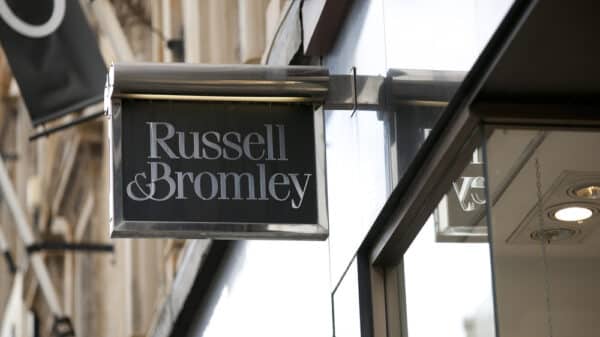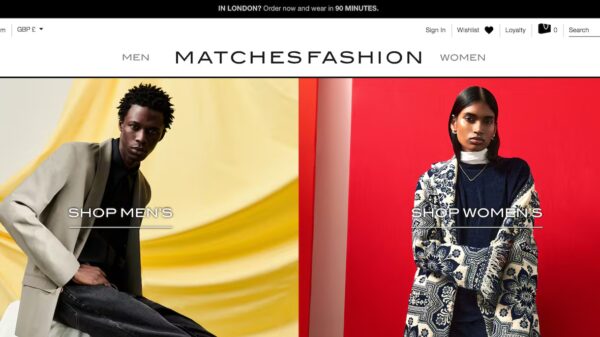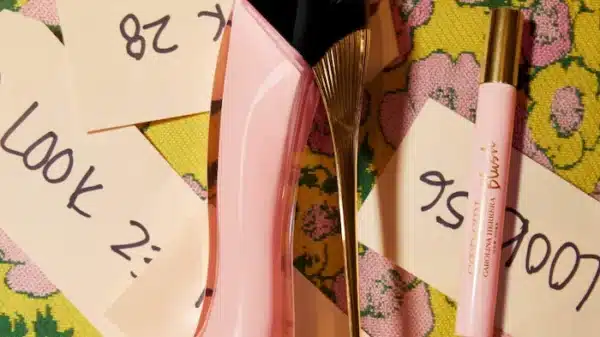In a move that underscores growing tensions between fast fashion and consumer protection, France has levied a €40 million fine against Shein, the global retail giant known for budget-friendly style. The penalty, imposed by France’s DGCCRF anti-fraud agency, follows a lengthy investigation into misleading pricing tactics and questionable environmental claims—issues that strike at the heart of consumer trust.
Discount Deception: The Reality Behind Shein’s “Deals”
The French authorities uncovered a troubling pattern: Shein artificially inflated product prices before discounting them, creating the illusion of savings. According to the DGCCRF, 11% of promotions were manipulated in this way, while over 50% of deals provided no real value to customers at all.
Consumer Tip: Just because something’s “on sale” doesn’t mean you’re getting a deal. Always compare pricing history when shopping online—tools like price trackers can be incredibly revealing.
The findings highlight a deceptive cycle: customers chasing bargains, unaware that the so-called discounts may be a mirage. It’s a psychological game many fast fashion retailers play, and Shein’s tactics bring the issue into sharper public focus.
A Question of Accountability
To its credit, Shein accepted the ruling and claims to have implemented corrective measures within two months of being notified. A company spokesperson said that it has taken steps to increase transparency and align with legal standards.
But this response raises a critical question: How long were these practices in place before action was taken? And perhaps more importantly, why did it take external intervention to prompt change?
Editor’s Note: It’s not enough for brands to promise change only after they’re caught. Responsible companies build ethical systems from the inside out, not just when regulators knock.
Greenwashing Allegations: The Sustainability Smokescreen
Beyond pricing concerns, the DGCCRF also flagged Shein’s environmental marketing claims, which have been widely viewed as exaggerated or misleading. In an era where sustainability is more than a buzzword, these findings deepen the rift between consumer values and corporate conduct.
Many shoppers today are conscious of their carbon footprint, seeking brands that align with their ethical views. Fast fashion’s model—rapid, disposable, and trend-chasing—often clashes with those ideals, leading to growing disillusionment.
France’s Crackdown Reflects a Bigger Trend
This is not an isolated action. The French government is actively pursuing new laws to rein in ultra-fast fashion brands, reflecting a shift in societal expectations. As Shein faces mounting scrutiny across Europe, the €40 million fine becomes a symbolic turning point—one of the largest financial penalties ever levied for such deceptive commercial practices.
France is positioning itself at the forefront of the ethical fashion movement, and this fine signals a broader trend: regulators are no longer turning a blind eye to corporate irresponsibility in the name of affordability.
What This Means for Shoppers
For those drawn to Shein for its low prices and trend-heavy inventory, this news may be frustrating. After all, who doesn’t want to stay stylish on a budget? But it’s also a reminder: we deserve more than cheap prices—we deserve honesty.
Reflection Point: Is the fast-fashion thrill worth the cost when the discounts aren’t real and the impact goes beyond your wardrobe?
Shoppers now have more tools, information, and influence than ever before. As public pressure and legislation mount, brands will be forced to choose between genuine accountability and further public fallout.
Final Thoughts: Rethinking the Fast Fashion Bargain
Shein’s €40 million fine isn’t just a financial penalty—it’s a wake-up call for consumers and corporations alike. It reveals the hidden cost behind our quick fashion fixes and challenges us to ask: What are we really paying for when we hit “buy”?
If we’re going to build a future where style and ethics coexist, this is the moment to start making more informed, mindful choices. Not just because the system is flawed—but because we have the power to demand better.
Image Source: Marius Karp / Shutterstock































